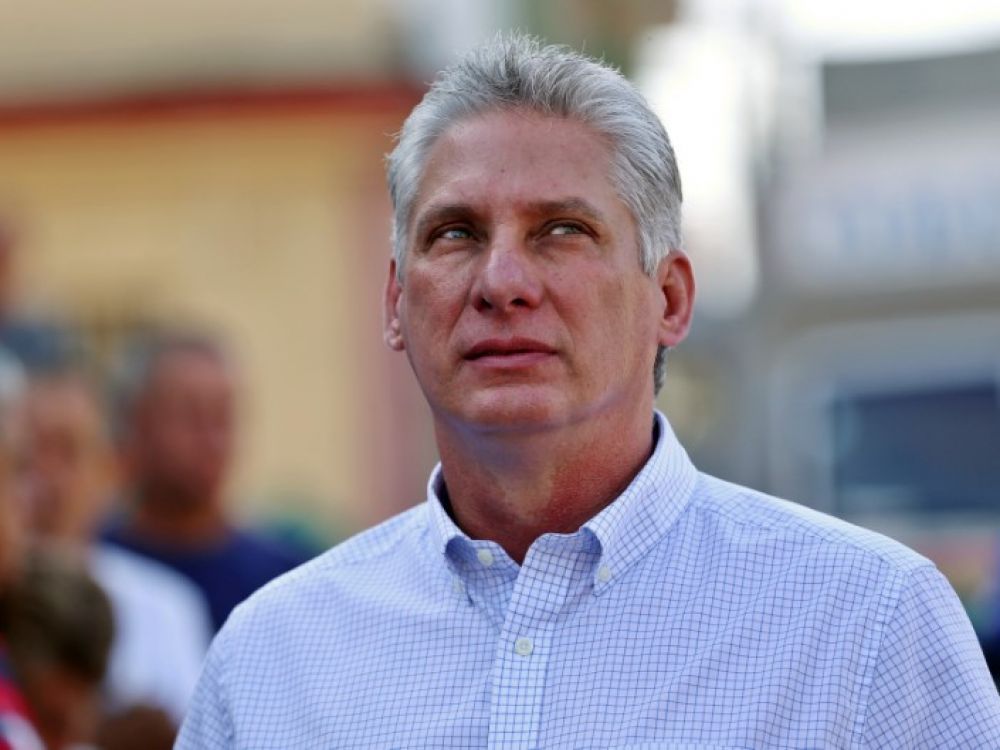Cuba’s top legislative body will no longer include members of the country’s historical generation of former rebels, part of a broader political reform that started to go into effect on Thursday.
Members of the National Assembly voted near-unanimously for Miguel-Diaz Canel, 59, to remain in place as president. They also voted for 75-year-old Esteban Lazo to remain head of the National Assembly. Under the reform, Lazo also becomes head of the Council of State, the top legislative body, a post previously held by Diaz-Canel and his predecessors Raul Castro and Fidel Castro.
The Council of State oversees the passage of new laws and has some oversight of the president of the republic. In the coming months, Diaz-Canel will appoint a prime minister to run the daily workings of government. On paper, the changes divide the powers of the once-dominant presidency held by Fidel and then Raul Castro, who simultaneously held all of the country’s most important positions.
Addressing the assembly, Diaz-Canel said the country was withstanding energy shortages brought on by new sanction imposed by the Trump administration, which says it wants to force Cuba to drop its support for Venezuelan President Nicolas Maduro.
“If there’s been anything good about these tense days it’s been that it’s revealed Cuba’s tremendous ability to work more efficiently,” Diaz-Canel said. “The more they attack and intimidate us, the greater our will, our national strength, our unity.”
It remains unclear if the changes truly affect the workings of power in Cuba, a single-party state whose decision-making processes remain opaque. Raul Castro remains head of the Communist Party, the ultimate authority on the island. And the country’s military and intelligence services wield deep influence over virtually every working of the state.
Thursday’s votes were the first to put in effect the government restructuring contained in a constitutional reform approved in a national referendum this year. One stated intention of the reform is to pass control of the Cuban government to new generations after decades dominated by the Castro’s aging fellow fighters, who took control in 1959.
The reform shrinks the Council of State from 31 to 21 members and Thursday’s vote included four new members of the council, meaning 14 council members lost their seats. Those included ex-rebels Ramiro Valdes, 87, and Guillermo Garcia Frias, 91.

Others lost their seats but retain powerful positions elsewhere in the government, including Defence Minister Leopoldo Cintra Frias, 78.
Virtually all Thursday’s votes were near-unanimous, with more than 570 “yes” votes from the 580 lawmakers present. Members of the National Assembly are mostly ordinary citizens who assemble in the capital twice a year to approve legislation. The body has been criticized as a powerless institution meant to convey the image of parliamentary democracy while rubber-stamping proposals written behind closed doors.
International and independent media were barred from the assembly and even Cuban state television broadcast it with roughly two hours of taped delay. The news first reached Cubans and the broader world through blogs on the websites of state-run media.




